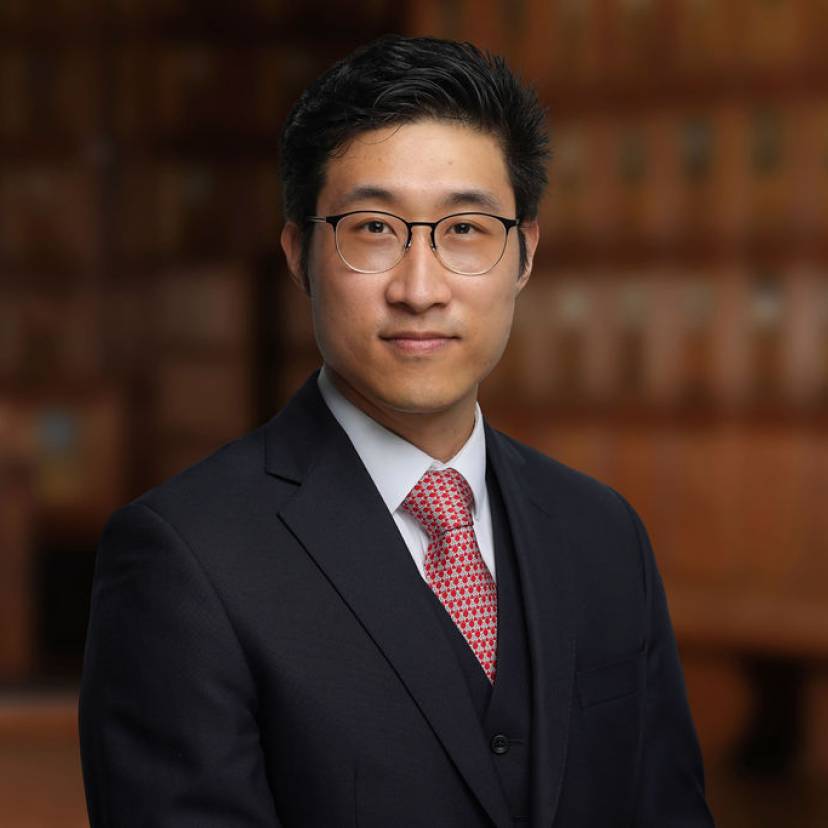Jury acquits Justin Yang’s client of money laundering conspiracy after a 5 week trial.
01 December 2023
Justin was instructed to represent one of six defendants in a conspiracy to convert criminal property (commonly referred to as money laundering) at Cambridge Crown Court. It was alleged that this group used a string of gambling sites, several bank accounts, and international transfers to disguise and launder the proceeds of drug sales (cocaine and cannabis). Justin’s client was said to have personally moved in excess of £180,000. The evidence included thousands of lines of detailed banks transfers, gambling entries, and text messages throughout 2020 and 2021.
Two co-defendants pleaded guilty on day 1 of trial. This assisted the Crown by confirming the existence of the conspiracy, which was then used against the remaining co-defendants. On arrest, Justin’s client made unhelpful comments which were captured on the body-worn cameras of police officers. These comments purportedly indicated her knowledge of the conspiracy to launder criminal proceeds. She also made several deposits of over £20,000 in cash, which required explanations.
The substantive offence of money laundering requires intention of ‘knowing or suspecting’. However, the intention required in a conspiracy is ‘knowing or intending’. Justin was able to carefully navigate this distinction between knowledge and suspicion, and make tactical decisions at trial. Using the raw data, he demonstrated to the jury that even if his client had suspicions (which was denied), it could not be proven that his client knew that the money was at all criminal. His case was that his client was essentially groomed by others in this conspiracy, and was never aware of any drug dealing.
The jury returned on the sixth week to acquit Justin’s client. All the remaining co-defendants were found guilty.

